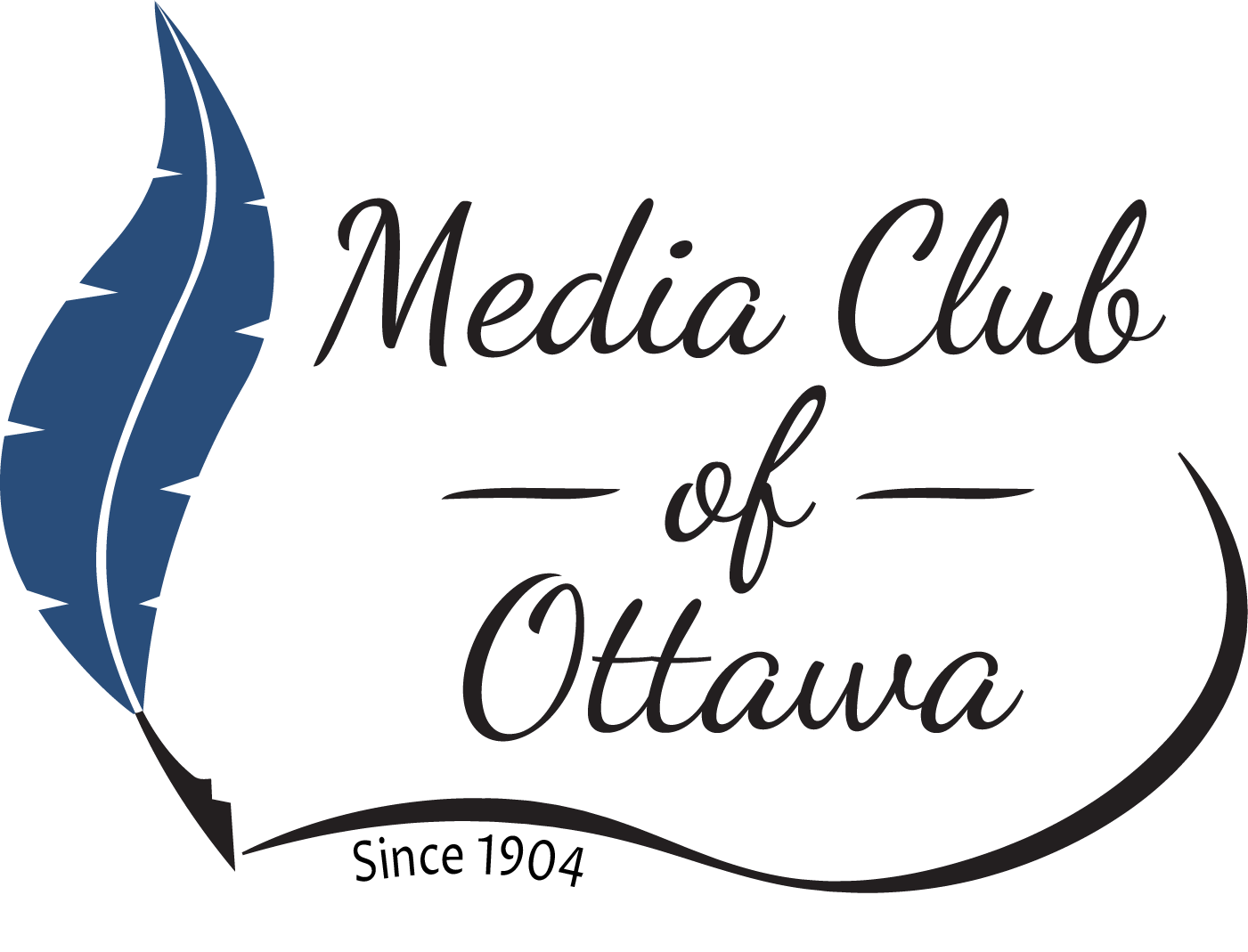November 2016
Canadians have grown up with stories that perpetuate myths and stereotypes about Indigenous peoples. Author and journalist Waubgeshig Rice works hard to change such misconceptions and to raise greater awareness of Aboriginal issues through stories and humour.
As a young boy, he understood the importance of stories to pass on knowledge and culture, and he had a passion for literature. But he didn’t see the connection to journalism until, in high school, he spent a school year in Germany. On his first day at school, he learned that his new school mates had an infatuation with an image of the North American Indian, fostered by books and movies, and that they had been expecting someone in full head dress. He wrote home about his amusing experiences, and soon was asked to write a monthly article for the “Anishinabek News”, a publication of the Union of Ontario Indians.
He began to truly appreciate the power of stories to bust myths and to raise awareness. It sparked his interest in journalism and he went on to graduate from Ryerson’s journalism program. His first foray into journalism was with the Weather Network where he had the opportunity to develop stories connected to the weather, with an Aboriginal angle. This led to general assignment reporting with CBC. He is proud of his work on ReVision Quest with CBC Radio One, a program where the point was to bust myths about Aboriginal people through the use of satire and humour. He currently enjoys working on CBC Indigenous, which presents an aggregate of Indigenous news stories in various formats, including print, broadcast and on-line. He has high praise for the CBC because they have encouraged the development of this Indigenous unit, but, at the same time acknowledges that it is an ongoing challenge to reflect diversity in Aboriginal voices.
In response to a question about mistakes in reporting about Aboriginal people and issues, he said that the biggest factor is a lack of accuracy – presenting them as a single entity rather than many diverse First Nations, Métis and Inuit peoples with different languages, backgrounds and cultures. He also pointed out that terms used to describe Indigenous peoples are often incorrect (such as confusing Innu with Inuit), and he recommended that reporters consult authoritative sources for guidance, such as Duncan Mccue’s web site on “Reporting in Indigenous Communities”.
On a positive note, he said that he sees a greater appetite today for information about Indigenous peoples, in large part because of the revelations about the Residential Schools experience through the Truth and Reconciliation Commission.
